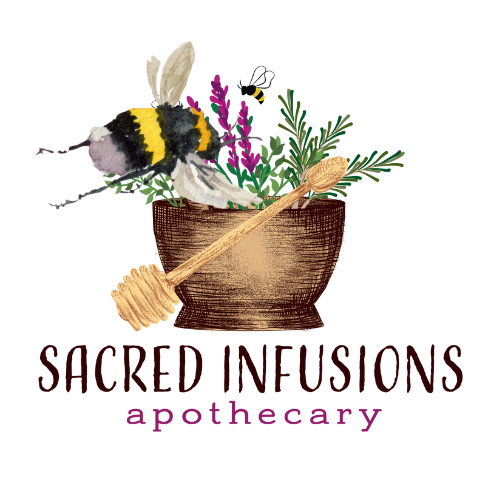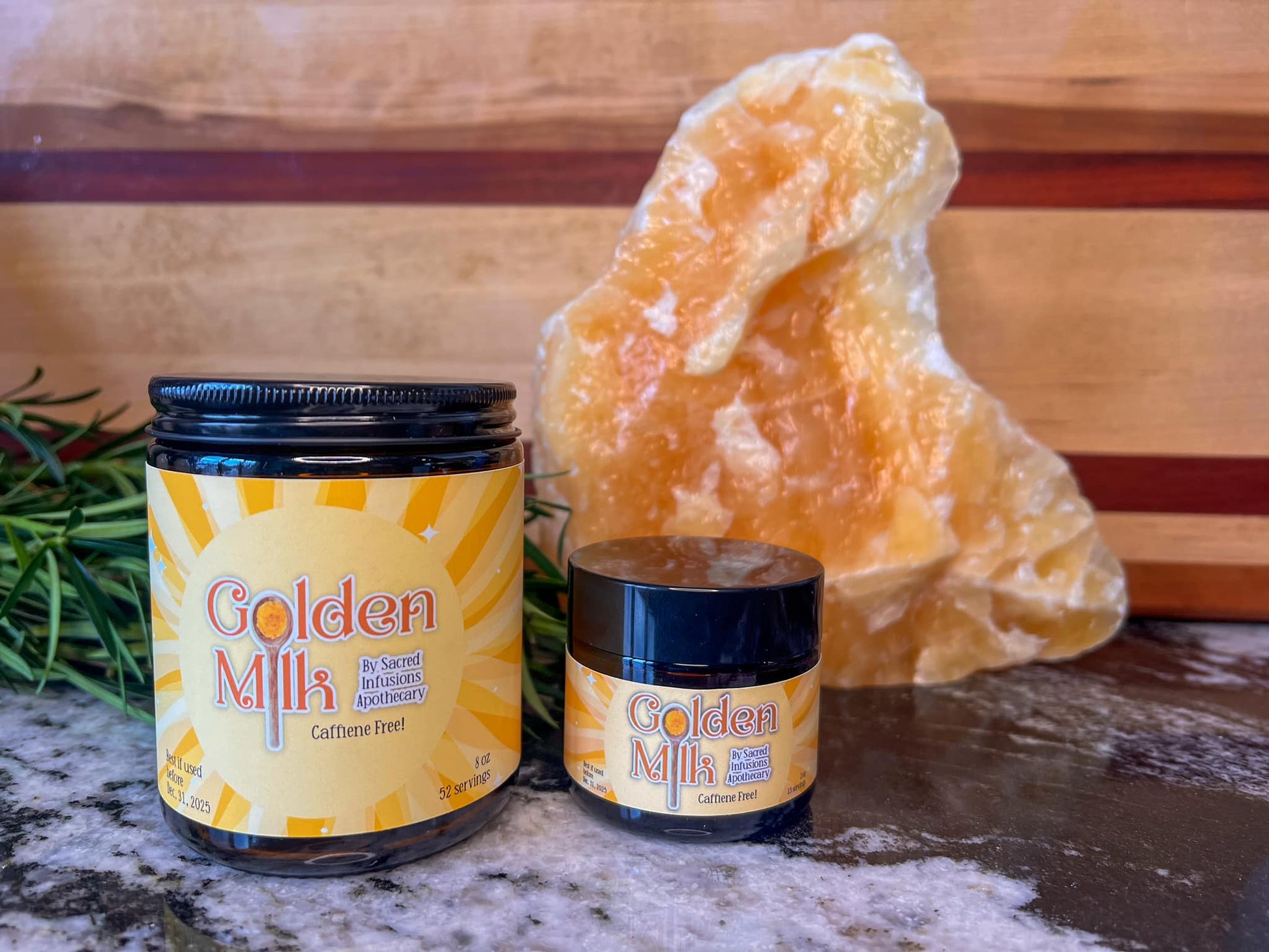Sacred Infusions Apothecary
Golden Milk
Golden Milk
Couldn't load pickup availability
Share
- gluten free
- non irradiated
- organic
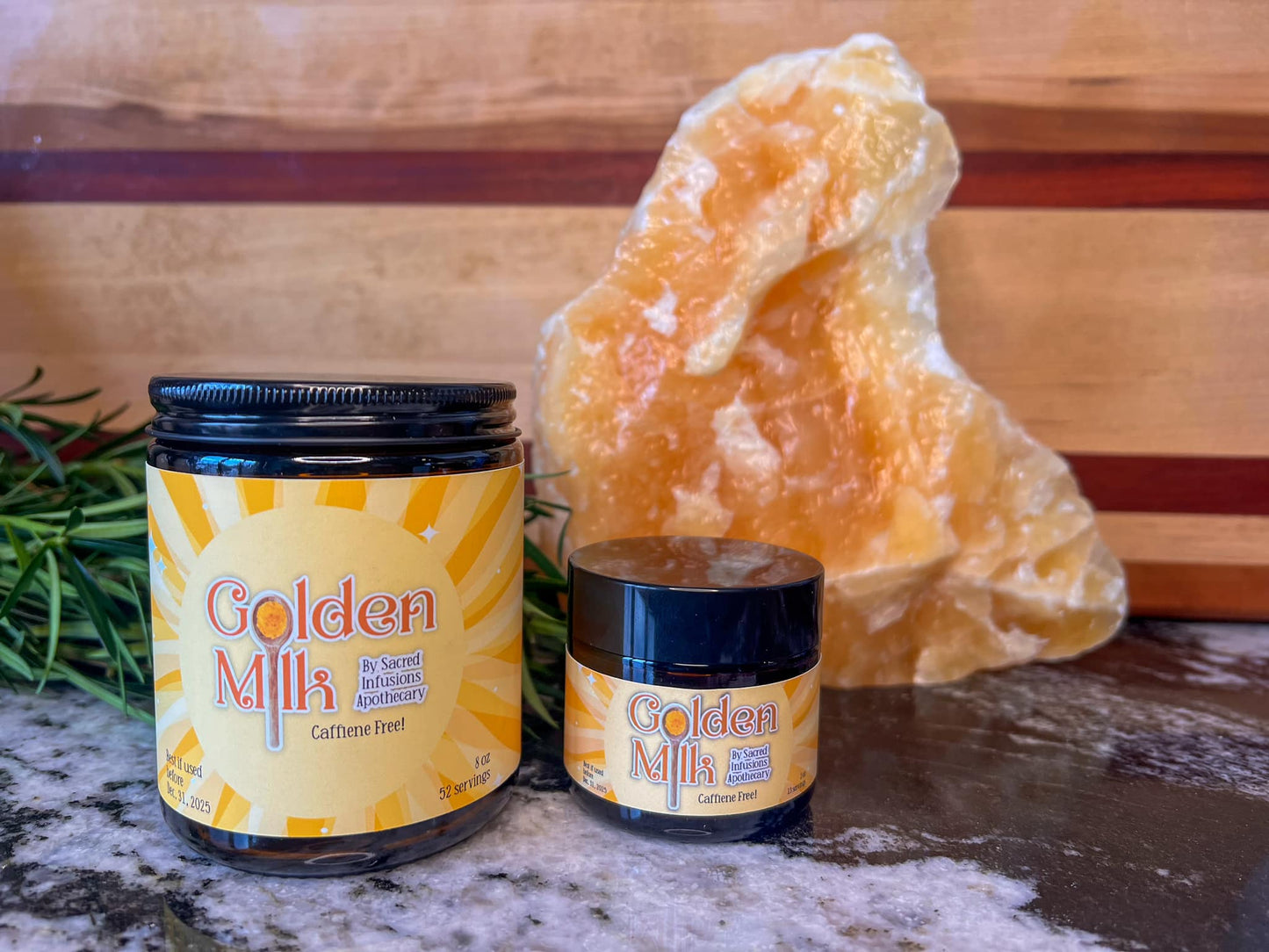
Golden Milk
-
Ingredients
Turmeric (Curcuma longa), Cinnamon (Cinnamomum verum, Ginger (Zingiber officinale), Black Pepper (Piper nigrum), Clove (Syzygium aromaticum)
-
Suggest Use
For children or adults:
Proactive: 2-3 cups a week
Reactive: 1 cup a day for 7 days.
Follow directions on packaging.
Our customers are saying they use Golden Milk 2-3 times a week to
support natural detoxification
support an optimal immune system and healthy inflammation response.
natural nourshment from systemic or local inflammation
skin health support from the abundant antioxidant content
reduces gout symptoms
nourishes and supports digestion
promotes circulation
supports those suffering from OA, and RA. -
Contraindications
Use caution if you deal with ulcers, weak stomach acid, or medications that reduce stomach acid.
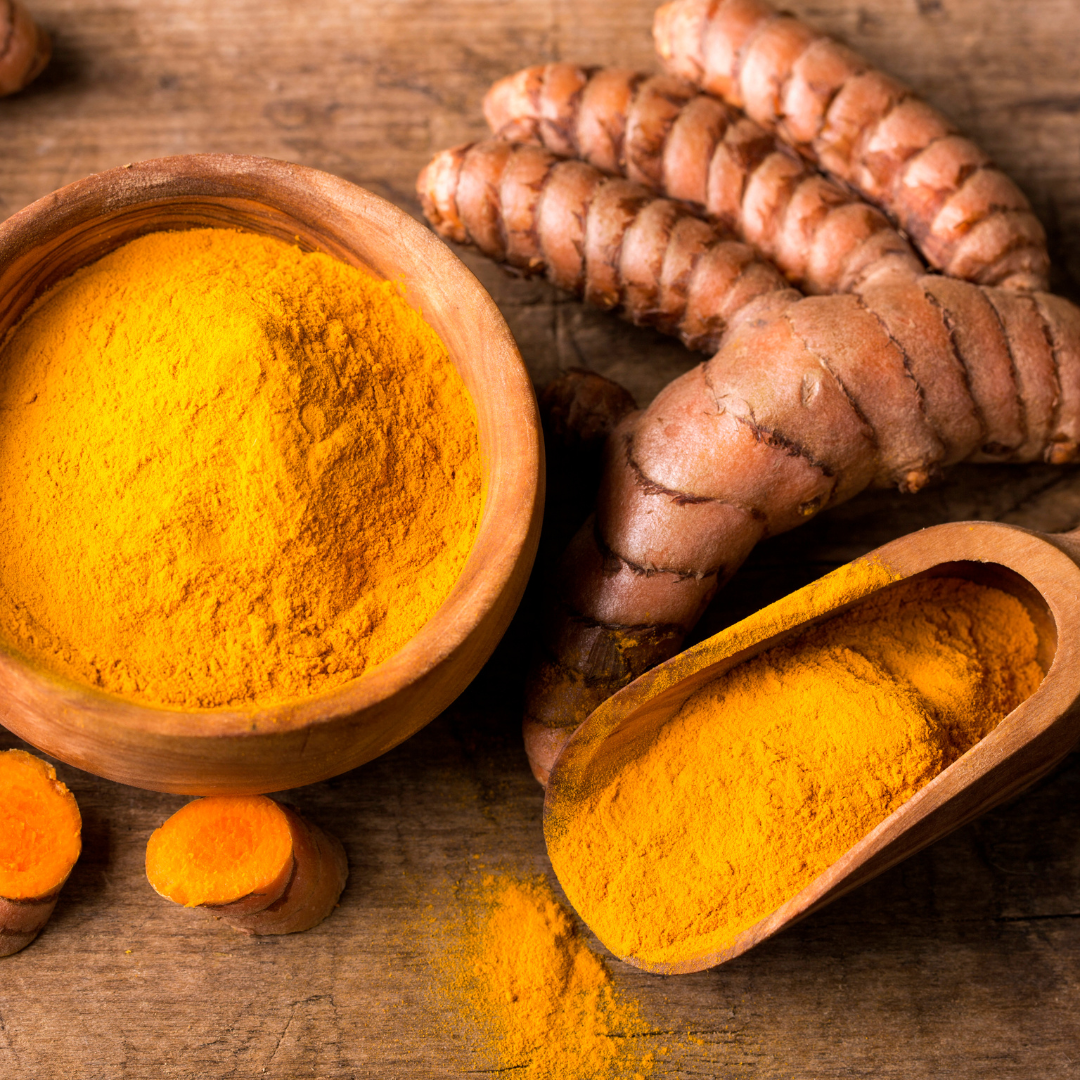
curcuma longa
the golden spice
Our herbalist formulated our Fire Cider at Sacred Infusions with tumeric, for it's rich, dense, and beautiful polyphenol content.
Loaded with curcumin that has been shown to have antiinflammatory actions.
Curcumin is the consitituent that is believed to not only block damaging cytokines, but curcumin seems to target specific molecules, or pathways that control the cell cycle; thus, promoting a healthy inflammation response.
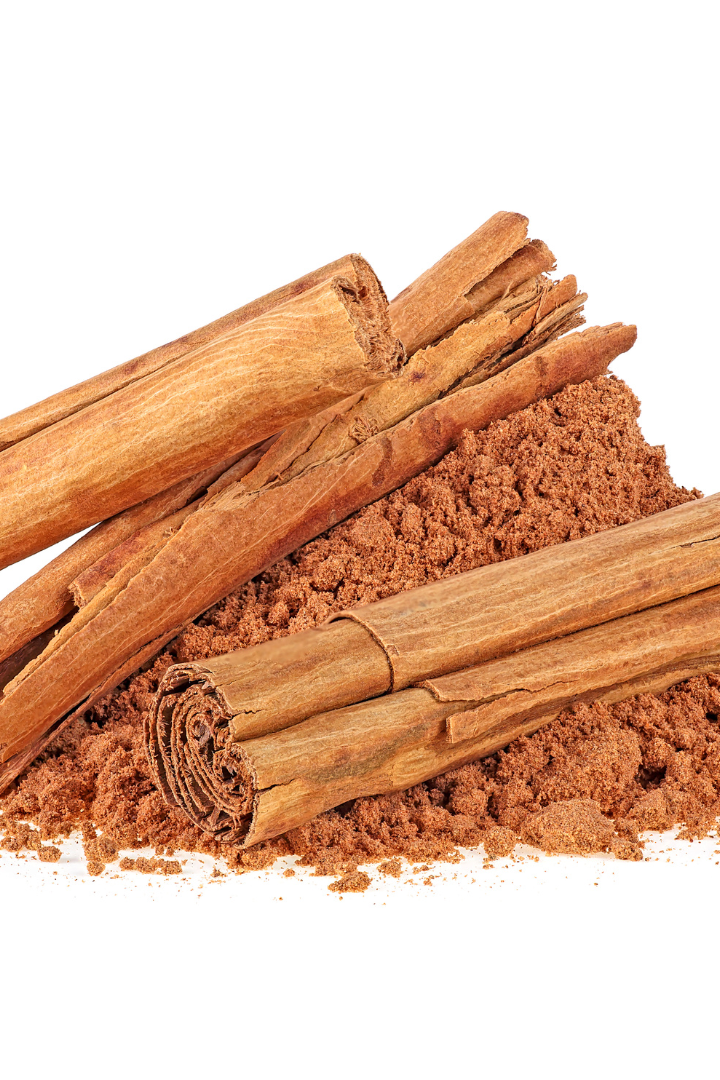
Cinnamomum verum
true cinnamon
Ceylon cinnamon is considered "true cinnamon". Once more valuable than gold, cinnamon was highly prized for its medicinal actions that the ancient cultures used them for.
Ancient Egyptians used cinnamon as part of their embalming rituals. Physicians from the middle ages used cinnamon to help treat cold and throat ailments such as coughing, hoarseness and sore throats.
Today modern herbalists use cinnamon for a vast array of medicinal purposes. Loaded with antioxidants that fight free radicals that cause damage to our DNA. Antioxidants are shown to boost the immune system, which may help when exposed to illness, or speed up duration of illness.
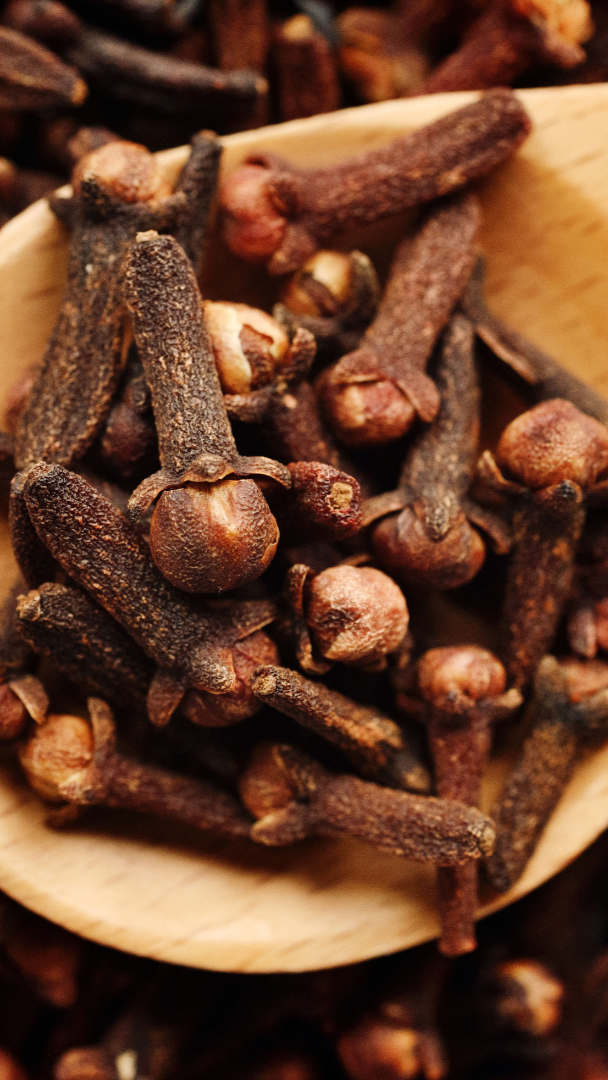
Clove (Syzygium aromaticum)
the divine flower
Mentioned in an India's Sacred Text, they refer to clove as "divine flower", not only for its scent, but for it's medicinal properties.
Clove has been used since antiquity for tooth pain, gum infections, digestive disorders, and to support circulation.
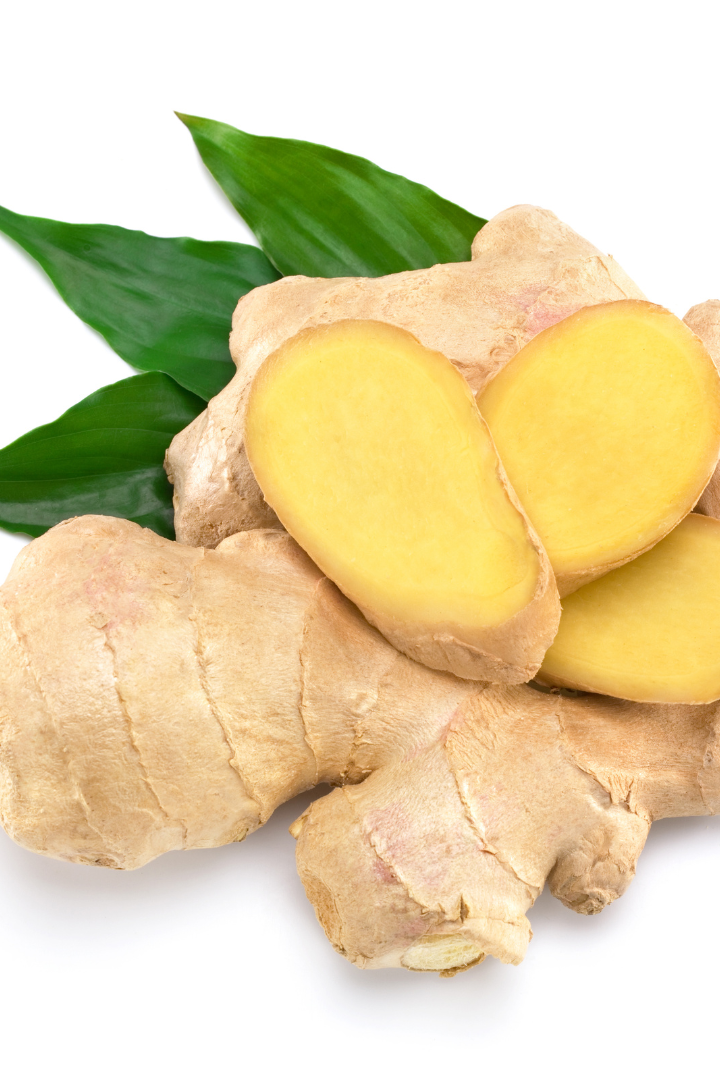
ginger (Zingiber officinale)
the great cure
In ancient times, ginger was considered "the great cure", it was commonly traded with, and prized for its medicinal benefits.
Ginger has been used for thousands of years for numerous ailments, such as colds, nausea, arthritis, migraines, and hypertension.
Gingerol a constituent in ginger has been shown to enhance digestion and increase elimination of toxins. Research shows healthy and regular digestion is a key aspect to mainintaing a resilant immune system all year long.
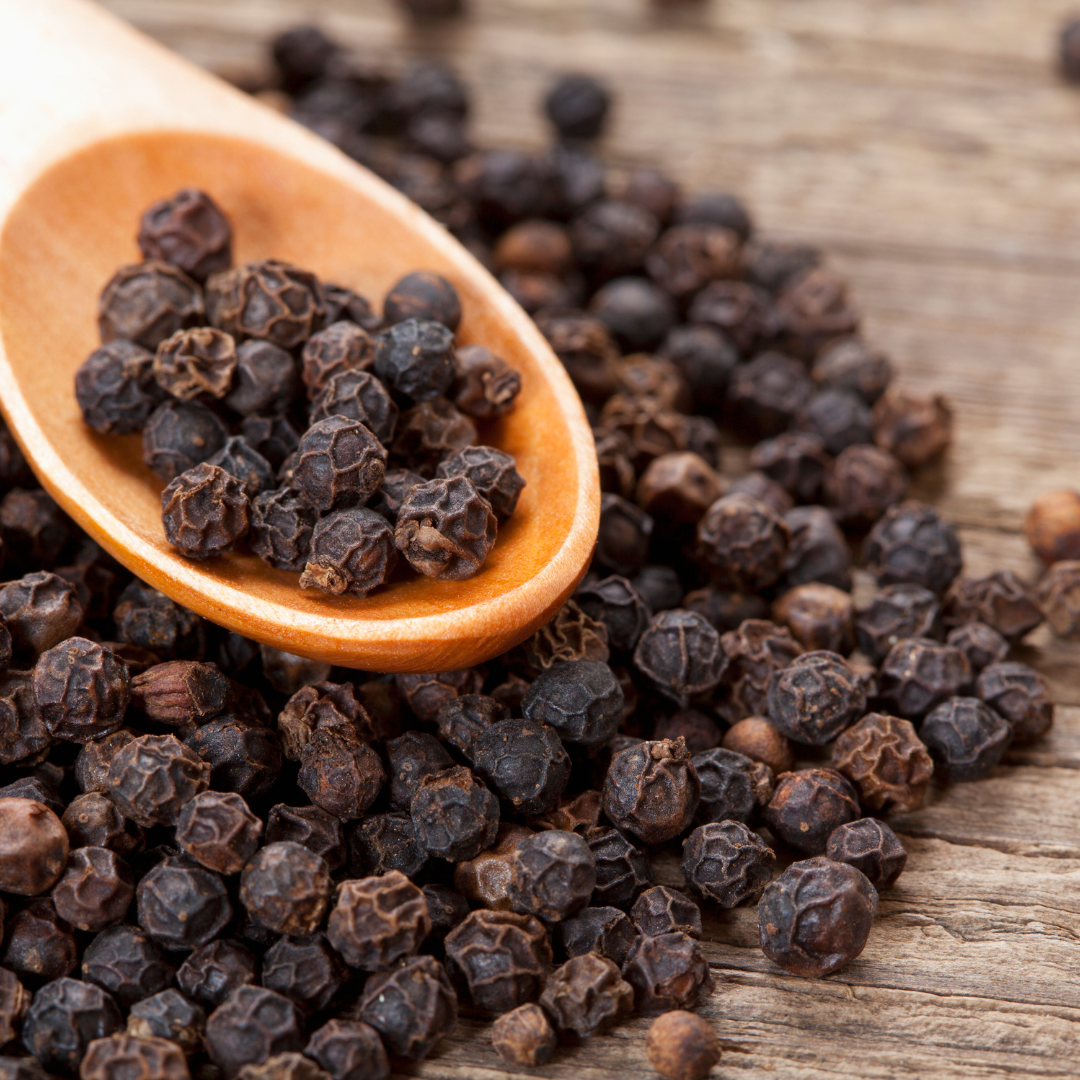
Black Pepper (Piper nigrum)
once considered money
Pepper was considered precious in ancient times that it was used as money to pay for things such as taxes, and rent.
In AD 410, when Rome was captured, 3,000 pounds of pepper were demanded as ransom.
Black pepper contains a good source of manganese, a mineral that can help with bone health, wound healing, and our metabolism.
The medicinal properties of black peper are mostly attributed to the constituent piperine. It is an alkoloid that has been researched for its vast array of benefits such as, antioxidants that help to lower the risk of chronic illnesses like atherosclerosis, cardiovascular disease, and neurological conditions.
This compound has a positive effect on nutrient bioavailability as well. It does not need to be consumed with curcumin to absorb curcumin, but it does enhance the bioavailability by over 2,000%.
Secrets From The Garden
View all-

Not All Tinctures Are Made Equally.
What is tincture? A tincture is a concentrated herbal extract made by soaking plant material in a solvent, most commonly alcohol, to draw out the plant’s active constituents (like alkaloids,...
Not All Tinctures Are Made Equally.
What is tincture? A tincture is a concentrated herbal extract made by soaking plant material in a solvent, most commonly alcohol, to draw out the plant’s active constituents (like alkaloids,...
-
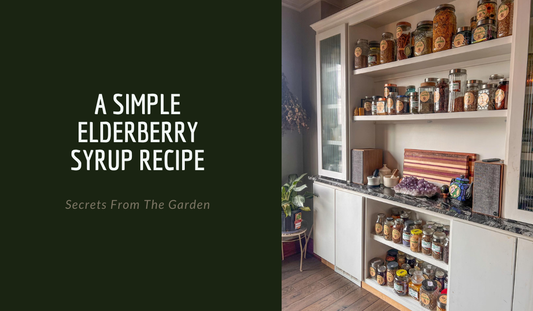
Elderberry Syrup Recipe
A simple recipe. This elderberry syrup is simple and easy to follow. Be sure to follow the pro-tip about honey. Its crucial to use honey properly, so we don't destroy...
Elderberry Syrup Recipe
A simple recipe. This elderberry syrup is simple and easy to follow. Be sure to follow the pro-tip about honey. Its crucial to use honey properly, so we don't destroy...
-
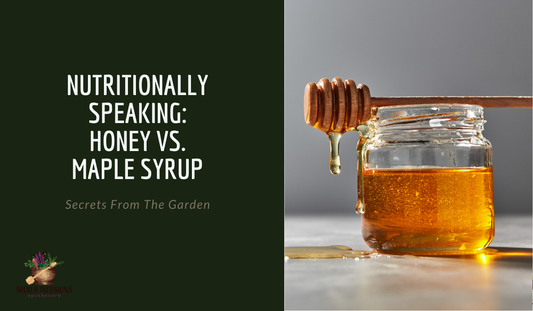
Nutritionally Speaking: Honey VS. Maple Syrup
Short, but sweet. This blog post will be a bit different. Just as the bees do, we are going to keep this short and sweet. Directly to the point....
Nutritionally Speaking: Honey VS. Maple Syrup
Short, but sweet. This blog post will be a bit different. Just as the bees do, we are going to keep this short and sweet. Directly to the point....
